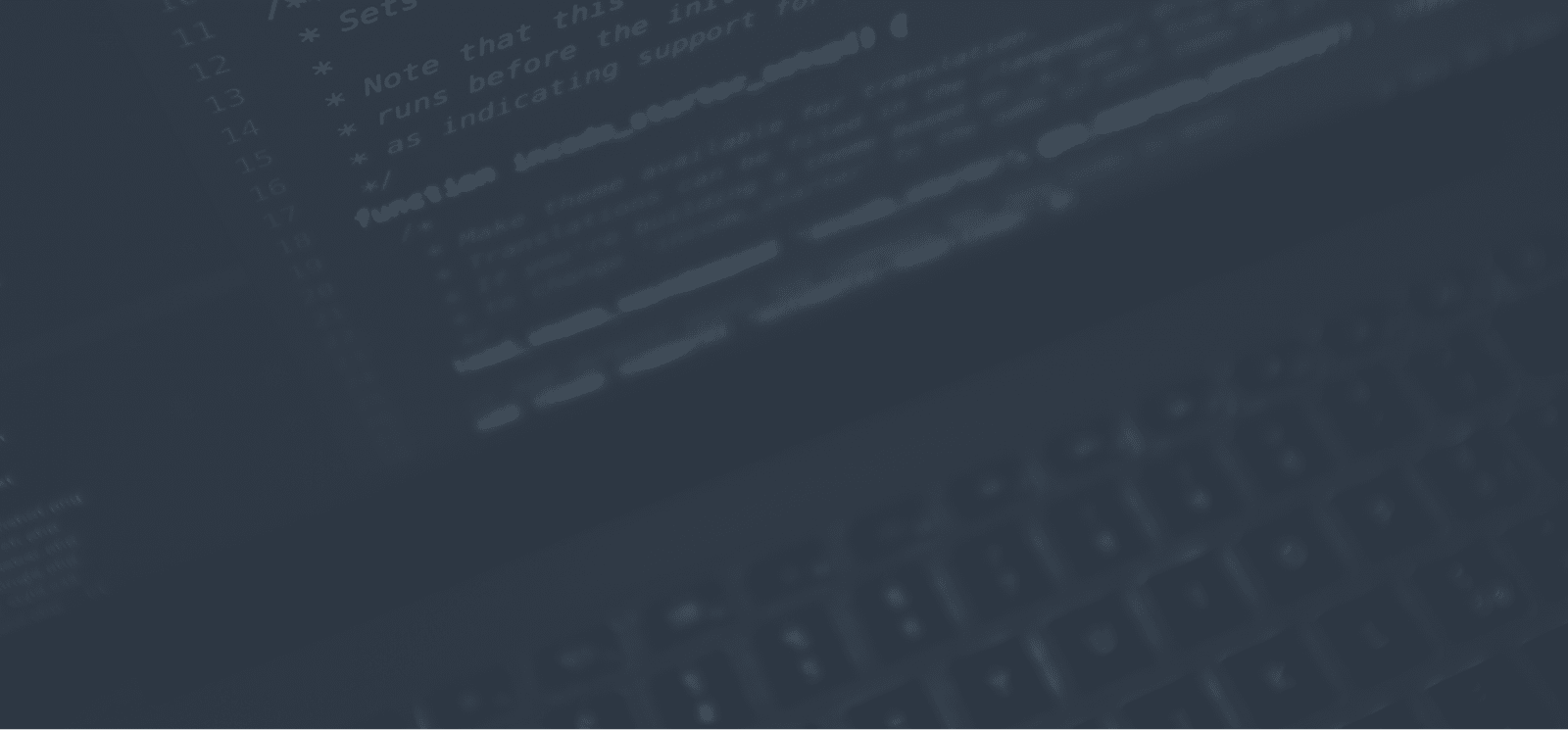Author: Mike Wooldridge

Mike Wooldridge is a Senior Software Engineer at MarkLogic. He has built some of the software tools that ship with MarkLogic, including Monitoring History, and has authored open-source projects such as MLPHP. Mike is the coauthor of the latest edition of Inside MarkLogic Server and has also written books for Wiley on graphics software and web design, including Teach Yourself Visually Photoshop CC and Teach Yourself Visually HTML5.
-

The Secrets to Wildcard Search in MarkLogic
Wildcards are special characters that enable you to efficiently search on similarly spelled words. MarkLogic supports wildcard search with special indexes, including lexicons. -

MarkLogic Cerebral Cortex Edition
I’m tired of writing to-do lists on Post-Its — and then losing them. It would be so much easier if everything that went in and out of my brain were automatically saved to MarkLogic. I need MarkLogic: Cerebral Cortex Edition. -

Making New Connections with MarkLogic Semantics
Semantics offers a new way of representing data, as subject-predicate-object triples -

A Deep Dive into Bitemporal
Bitemporal tracks database documents along two time axes simultaneously. It tells you both what you knew and when you knew it. You can use it to create a historical record in the case of an audit or to perform analytics after the fact. -

Finding the Right Balance with MarkLogic
Rebalancing in MarkLogic redistributes content in a database so that the forests that make up the database each have a similar number of documents. Spreading documents evenly across forests lets you take better advantage of concurrency among hosts. -

How MarkLogic Supports ACID Transactions
A key feature of MarkLogic is ACID compliance. ACID stands for atomicity, consistency, isolation, and durability, and meeting these four requirements means that transactions in MarkLogic are reliable. -
-

MarkLogic Labs PHP API
You can build powerful search applications in PHP using MarkLogic Server with an open source PHP API, called MLPHP. The API makes it easy for PHP developers to store documents, manage document metadata, and create sophisticated search queries on a web server running PHP 5.3 or later.
Topics
- Application Development
- Mobility
- Digital Experience
- Company and Community
- Data Platform
- Secure File Transfer
- Infrastructure Management
Sitefinity Training and Certification Now Available.
Let our experts teach you how to use Sitefinity's best-in-class features to deliver compelling digital experiences.
Learn MoreLatest Stories
in Your Inbox
Subscribe to get all the news, info and tutorials you need to build better business apps and sites
Progress collects the Personal Information set out in our Privacy Policy and the Supplemental Privacy notice for residents of California and other US States and uses it for the purposes stated in that policy.
You can also ask us not to share your Personal Information to third parties here: Do Not Sell or Share My Info
We see that you have already chosen to receive marketing materials from us. If you wish to change this at any time you may do so by clicking here.
Thank you for your continued interest in Progress. Based on either your previous activity on our websites or our ongoing relationship, we will keep you updated on our products, solutions, services, company news and events. If you decide that you want to be removed from our mailing lists at any time, you can change your contact preferences by clicking here.
